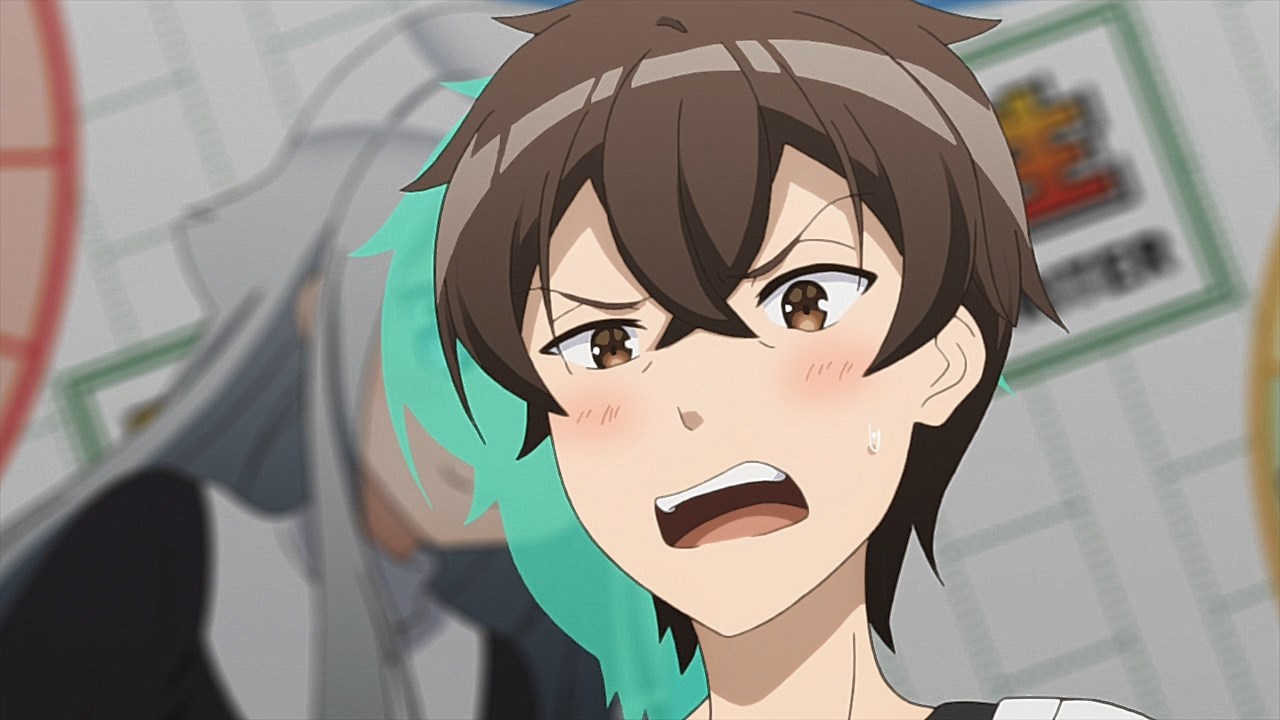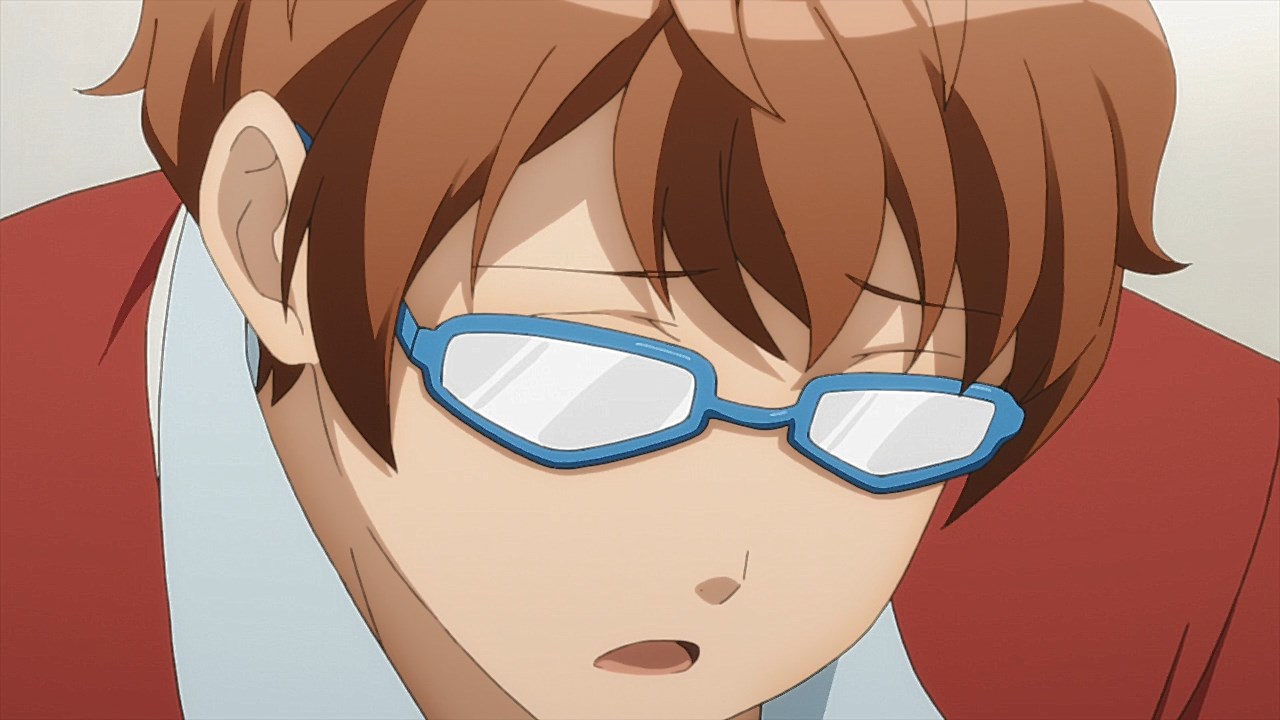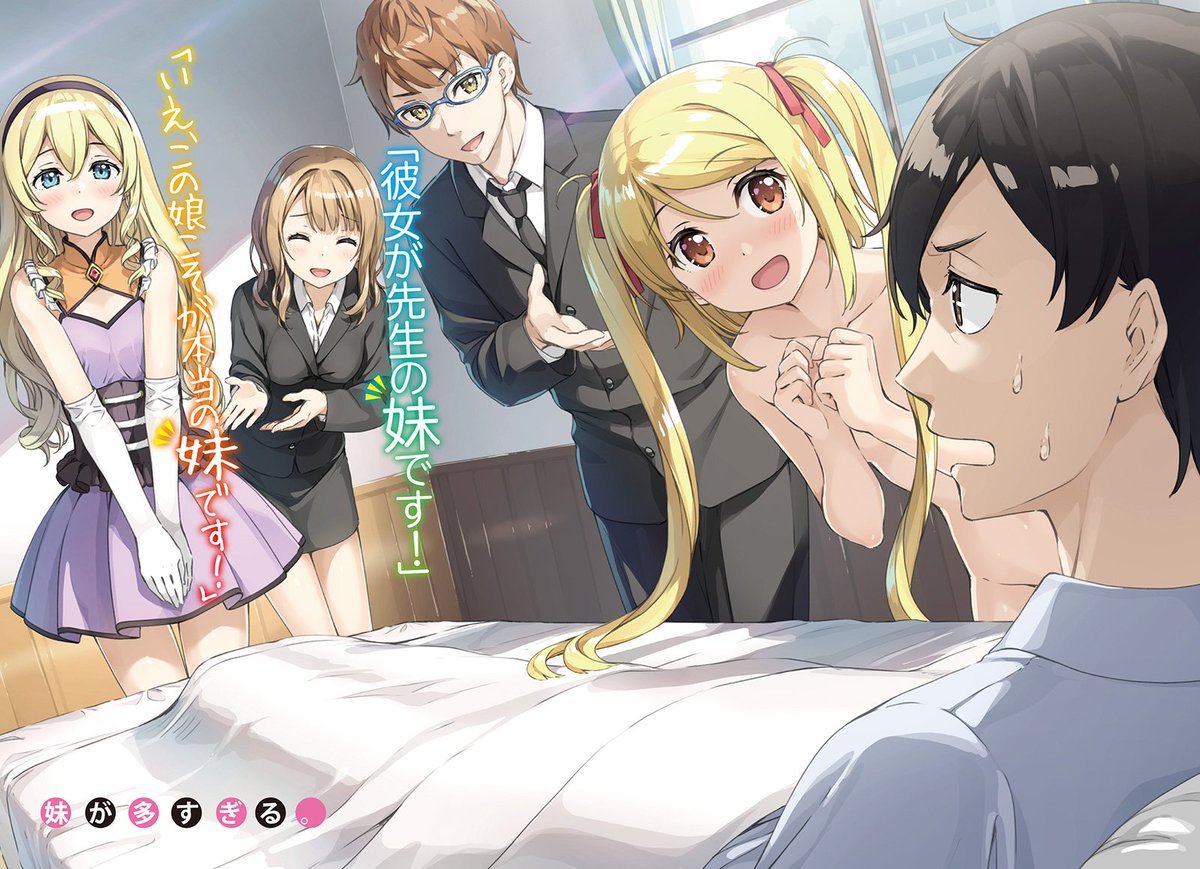
It’s goofy, pervy side makes the show all the more relatable alongside the dramatic points as it gives us an honest look at creative types, allowing us to see them handle both serious moments and whatever devious thoughts came to mind. was nothing short of a fascinating gem that deserves any praise or accolade it gathers for being able to balance shameless fanservice with heartfelt dive into the world of the light novel industry. If you gave it a chance, you’d find that Imouto sae Ireba Ii. This is definitely a show that would benefit from another season to see how Itsuki’s anime adaptation ends up, where Miyako’s future as a potential editor goes, whether Nayu and Itsuki will be together, and whether Chihiro will finally let Itsuki know who she is. The side characters were fun to see, but were also put on the back-burner in favor of the major players in the plot. There’s also the instance of Chihiro, who doesn’t get enough development or insight to have us see her as anyone other than the little sister that may or may not have something for Itsuki, and is grappling with whether to tell him or not.


The logistics behind a jail located in the basement of a publishing company’s HQ did push the suspension of disbelief, and the reasoning behind turning Setsuna into a molester did nothing to benefit his character or offer the audience the fanservice it thought it provided in that scene. It wasn’t 100% perfect as there were some times where the show’s silliness worked against the story.
IMOTO SAE IREBA HOW TO
It knew how to hit you right in the gut, and then follow up by helping you up and easing you into a goofy romp through an improvisional TRPG episode. The anime was also a man of culture as well with its obsession with beer and tabletop games that gave it a sense of personality and fun. Miyako was a particularly impressive character as she is one of the only people uninvolved with the industry that is made to feel like a fully developed character while she tosses back the insecurities of unrequited love and a hazy, uncertain future. Haruto’s fall from grace shows a much less forgiving side to the light novel business, yet gives him enough hope to encourage him to bounce back eventually once talk of his failed anime adaptation and the lingering feelings of rejection fade with time.

Itsuki’s imouto fascination is given enough insight not to feel like it was placed there to give us imoutos, and Nayu’s pervy demeanor isn’t just a blatant ploy for fanservice, and serves to give us a feel for who Nayu is in her pursuit of Itsuki and writing prestige by her own terms. It’s a rare example where the outrageous humor does a lot to flesh out the characters because it gives us a look into what makes them happy or excited.
IMOTO SAE IREBA FULL
What Imouto sae accomplishes with flying colors is making the cast feel human, giving us full depth into their insecurities, sorrow, joy, and lust. On the contrary, it has shown far more love for its cast of imaginative writers than even the most straight-laced drama series. The first two minutes of the show set the tone for the level of bombast that the anime has in its crass, lewd sense of humor, but it does not define the tone of the story itself. has been an imaginative thrill-ride into the inner workings of the light novelist profession. Although the ending sequence leaves us at a comfortable note with the characters hinting at what their next steps will be, Miyako’s will be the most enthralling development as she transitions her way into the LN industry as an editor. It was funny to see how much it hit close to home with the players reflecting back on how much of a pain the process of amassing fans, dealing with editors and unruly fans, and, unfortunately for Haruto, having an awful anime adaptation. In the present day, they played around with the motivations and events that happen within the writers’ lives with a tabletop game based on the novel industry. To Itsuki, being a meager footnote in someone else’s story is as painful as rejection. While Itsuki’s bout with unrequited love was years in the past, it was a solidifying factor in why he is adverse to wanting to be in the reverse role of being a little brother or getting the boot as barely even a background character.

Additionally, it fleshes us an explanation for why he’s too invested in wanting to be a protagonist with the heartbreak he felt from his babysitter’s daughter, who rejected him after spending so much time hanging out with him. The first half helps explain why Itsuki is as obsessed with little sisters as he ended up being, considering that light novels served as an escape from his tumultuous home life, and a parallel between his and Nayu’s inspirations for diving into light novels. In an interesting twist, the finale placed more emphasis on transitioning into the end stage rather than send us off with comical fanservice.


 0 kommentar(er)
0 kommentar(er)
